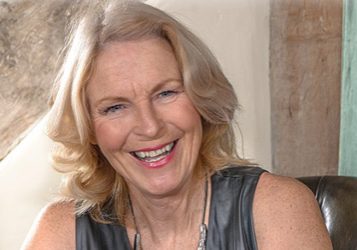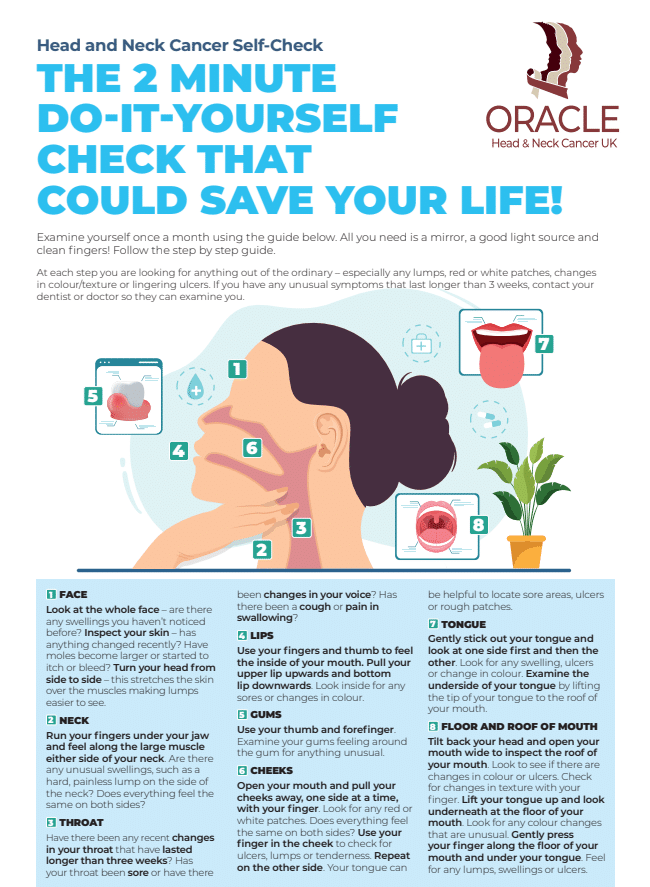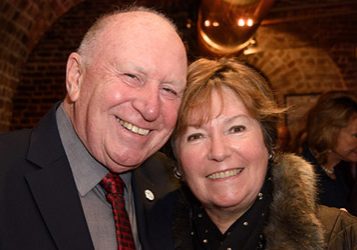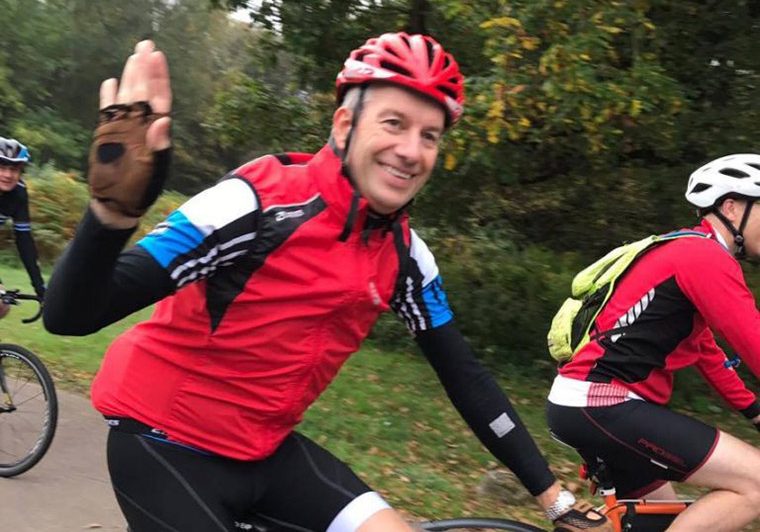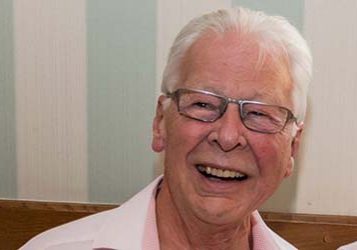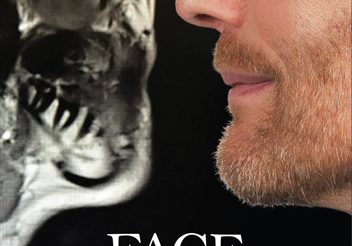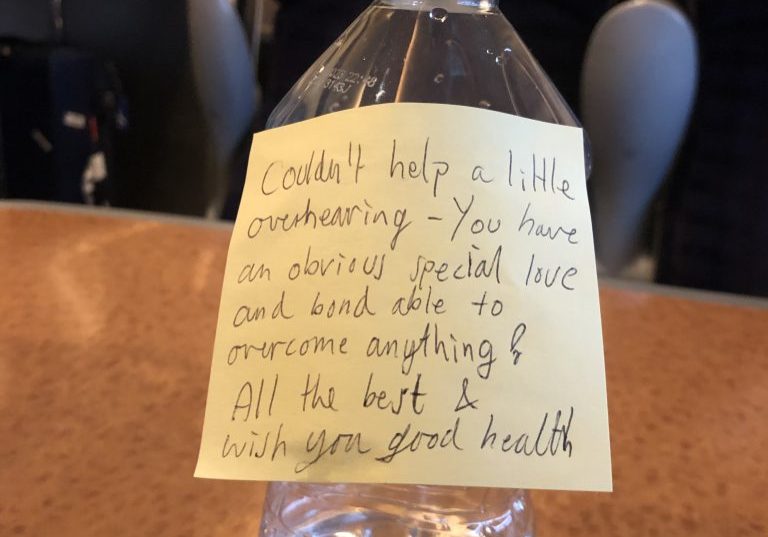Finding light in adversity – Karen Liesching-Schroder
Shining Light or Silver Linings as we called them.
When I was diagnosed with tongue cancer 9 years ago at the age of 43, I had no idea of how much my life would change. I had the life-changing surgery and then the 6 weeks of radiotherapy and returned to work full-time in a nursery attached to a school. My cancer pathway was filled with what my husband and I referred to as “silver linings” and these were important to hold on to. I didn’t need my tongue rebuilt so didn’t have a skin graft taken from my wrist and didn’t need to have a tracheostomy. I also didn’t need to have any teeth removed. I didn’t have to endure chemo on top of radiotherapy, and my PEG (a procedure to insert a feeding tube directly into the stomach, bypassing the mouth and throat) was removed just before we went on our first holiday abroad in years. It was important to see positives no matter how small they were to others, and one thing that really helped me was to run throughout and when I was able, as this was important for my mental health.
I did lose a lot of friends on my journey, not through death, but because about a year after my treatment had finished, I wanted to raise awareness of this awful cancer and also to educate people. I didn’t meet the criteria and was constantly being stereotyped, and I wanted to change all this. In raising awareness through my posts, many so-called friends left and unfriended me and removed me from their lives. It was incredibly hurtful, not only to me but my whole family suffered as their social circles also got smaller. I was however fortunate in that the true friends stayed and continued to support me as I moved forward in this new normal that we have to keep adapting to.
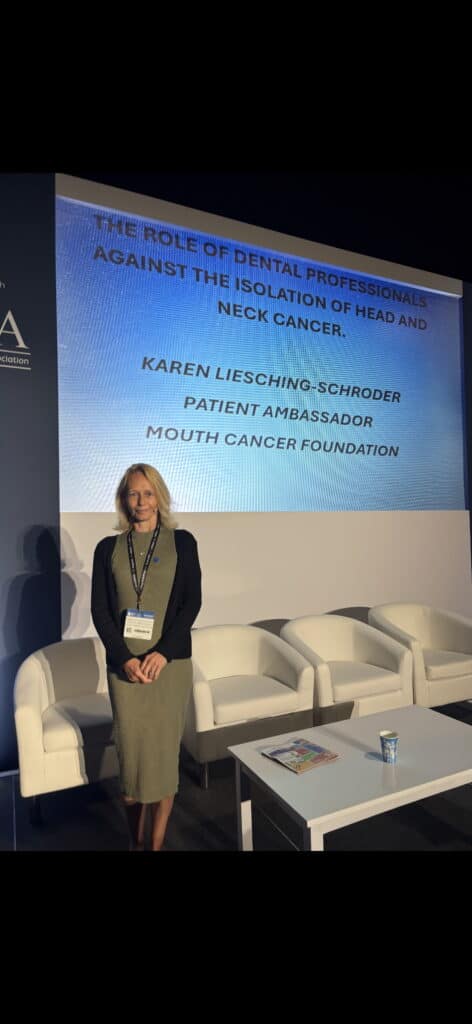
I built a new set of friendships through support groups of patients and family members who understood this journey and became firm and solid friendships that I could rely on, and this became a new world for me. Life after tongue cancer wasn’t easy and going back to work full-time in a school proved very challenging at times. Not enough awareness of head and neck cancer was becoming blatantly obvious to me, and this needed to change, so I began my own campaign through my social media platforms, which meant that patients and family members were finding me, and I was able to support them through this relentless medical pathway. I searched online myself and came across the Mouth Cancer Foundation and they organised a Mouth Cancer Awareness Walk in Hyde Park which I went along to and met many patients, survivors, family members and professionals under this welcoming and supportive umbrella. This was just before Covid arrived. When the first lockdown happened the charity started hosting a virtual coffee morning with Jocelyn Harding who is an award-winning dental hygienist and President Elect of the charity, and passionate about oral care during and after treatment. We would meet virtually every week as all support groups had shut down. Once life returned to normal and everyone was back to work, the zoom support changed to a Monday night allowing more members to join in. As time went on, when Joss couldn’t host, I stepped in to continue the much-needed support for our patients and family members. Then I was asked if I wanted to become a Patient Ambassador, which I happily said yes to.
From there, I was asked if I would like to be admin for a private Facebook support group which I was quite excited about and that became a very important role for me. I recognised the isolation and loneliness these cancers can be for not only the patients but their partners and families too. I wanted all to know they weren’t alone in this journey that just keeps on giving. What do I mean with this? I reached 5 years cancer free which is an incredible milestone to reach, but it seemed to come with a price in the form of “late effects” which nobody had told me to expect. When I went back to my head and neck department, they did various tests and then said, “It’s not cancer and we only treat cancer here.” I was then bounced around so many departments with nobody knowing what to do with me. I didn’t have the best experience with professionals and their attitudes to me and my type of cancer. Over time though, I realised that these professionals didn’t have the right education and training regarding the late effects of head and neck cancers. I wanted to have a new positive for patients like me.
With this in mind, I started up a conversation with the Head of Radiotherapy, Physics at my local hospital who didn’t know about the late effects of treatment but was willing to help me with my dream of getting a late effects clinic at our hospital. I explained there were a few of these clinics around the country but nothing in our area for our patients to access. I had to leave my job in education due to severe depression over my late effects and a lack of compassion from several colleagues and began to seriously campaign. Through being introduced to various professionals in the East of England, and becoming an Oracle Voice, I was able to begin presenting both online and at in-person events and talk about my experience of late effects and the power of the support network for patients and family members. I have been fortunate to turn my experience around to educate professionals in many fields within head and neck, radiotherapy, dental and students too.
I am delighted to say a shining light has broken through as I heard in April that the East of England Cancer Alliance has agreed to fund a Late Effect service at Southend University Hospital for head and neck cancer patients which will cover Mid and South Essex. This will be led by an experienced therapeutic radiographer. We were allowed to go public with this at the end of May. Finally, patients in my area will have access to specialist after care which will mean quality of life that has been missing for so many patients.
Patient Stories
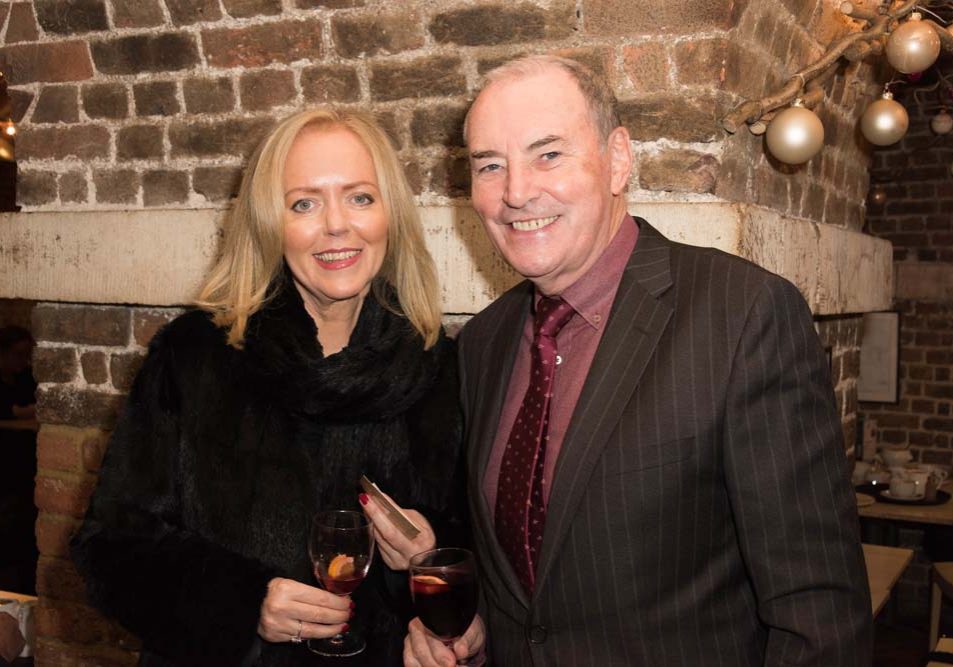
Suzie Cooke – a lesson in not taking ‘no’ for an answer
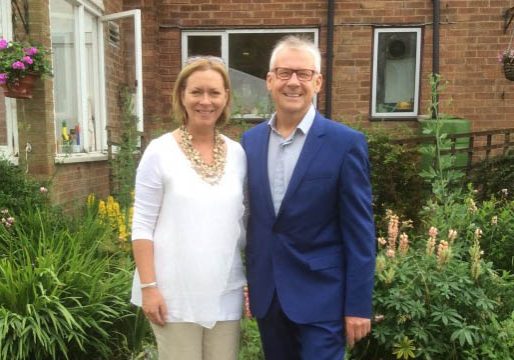
Nigel Lloyd-Jones – being told “you have cancer” is life changing
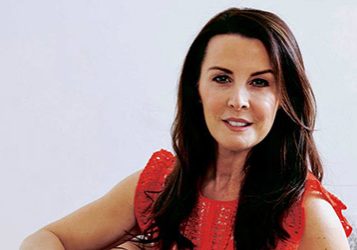
Belinda Gilfoyle – a slow recovery and learning to stay positive

Salivary Ductal Adenocarcinoma news “hit me like a train”
